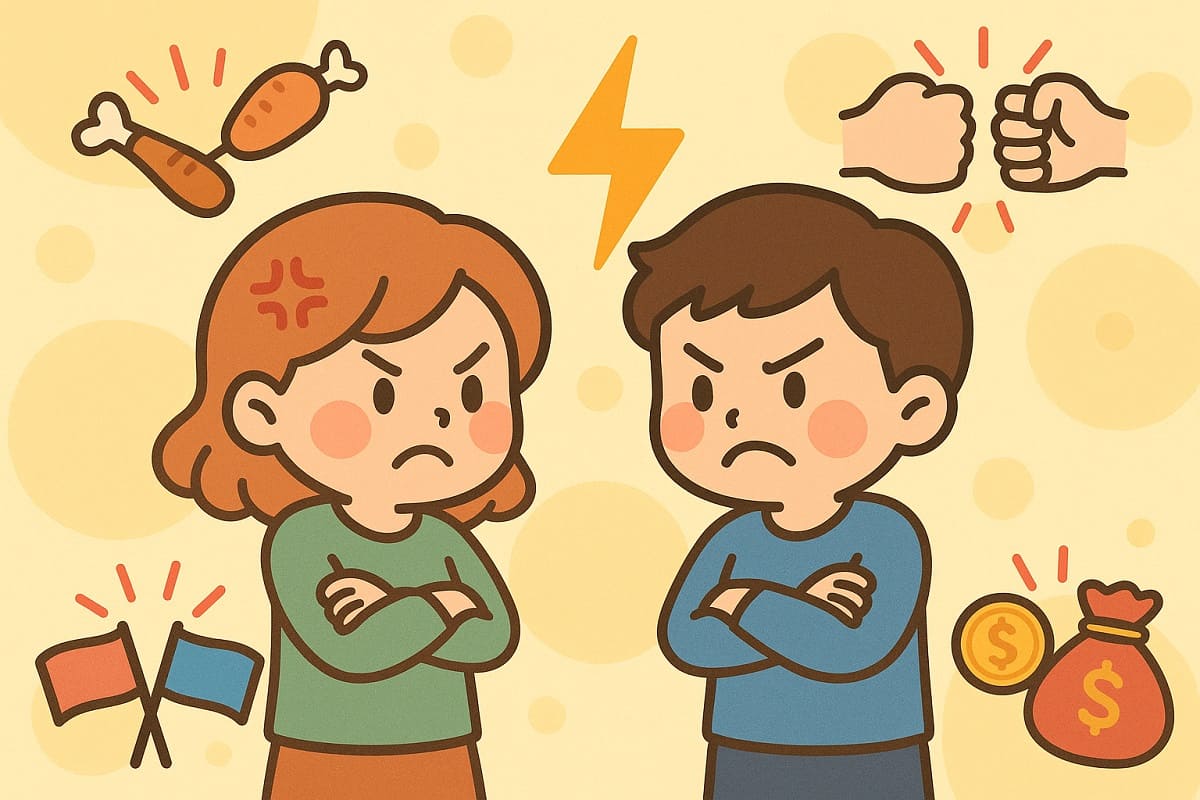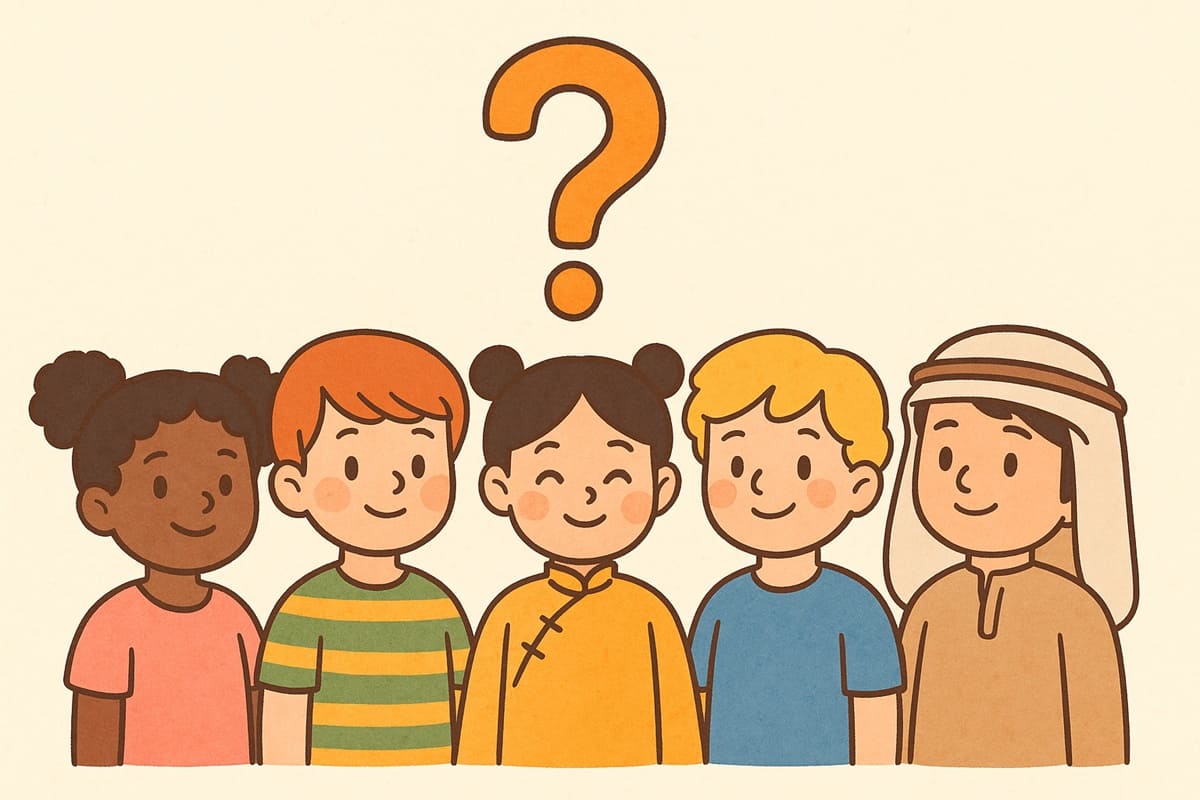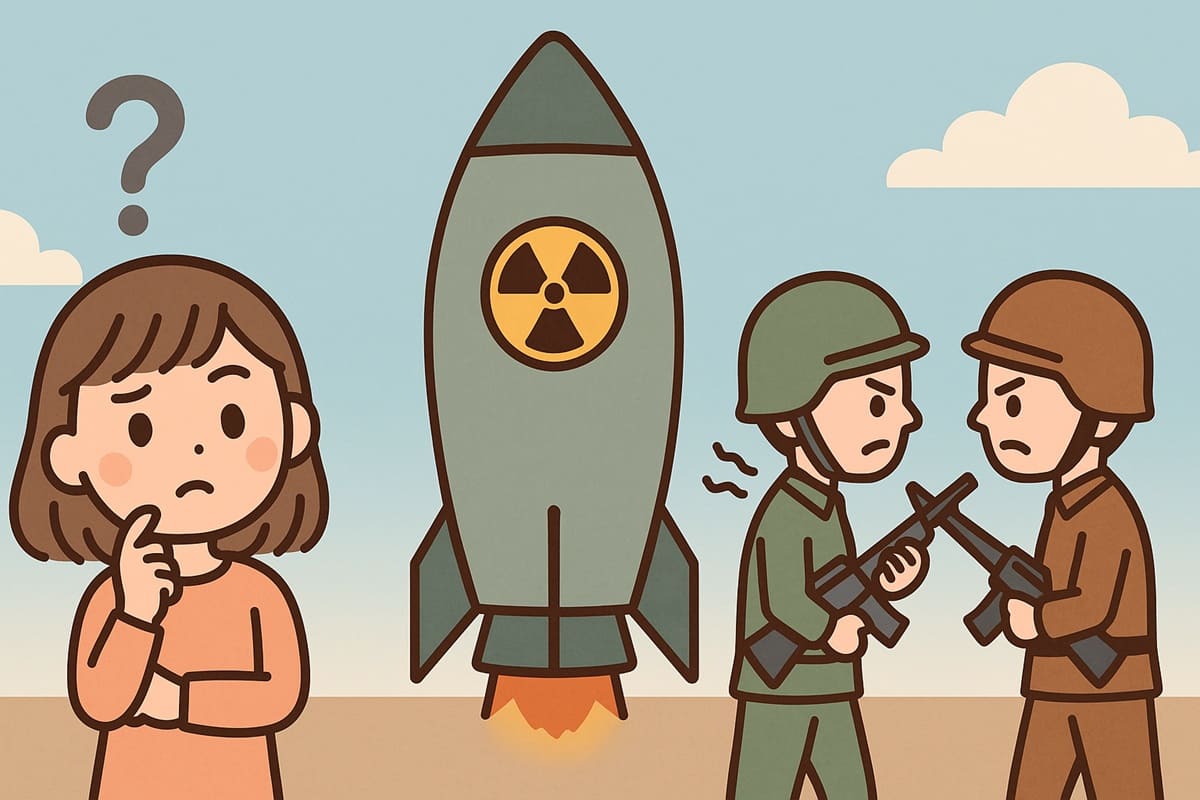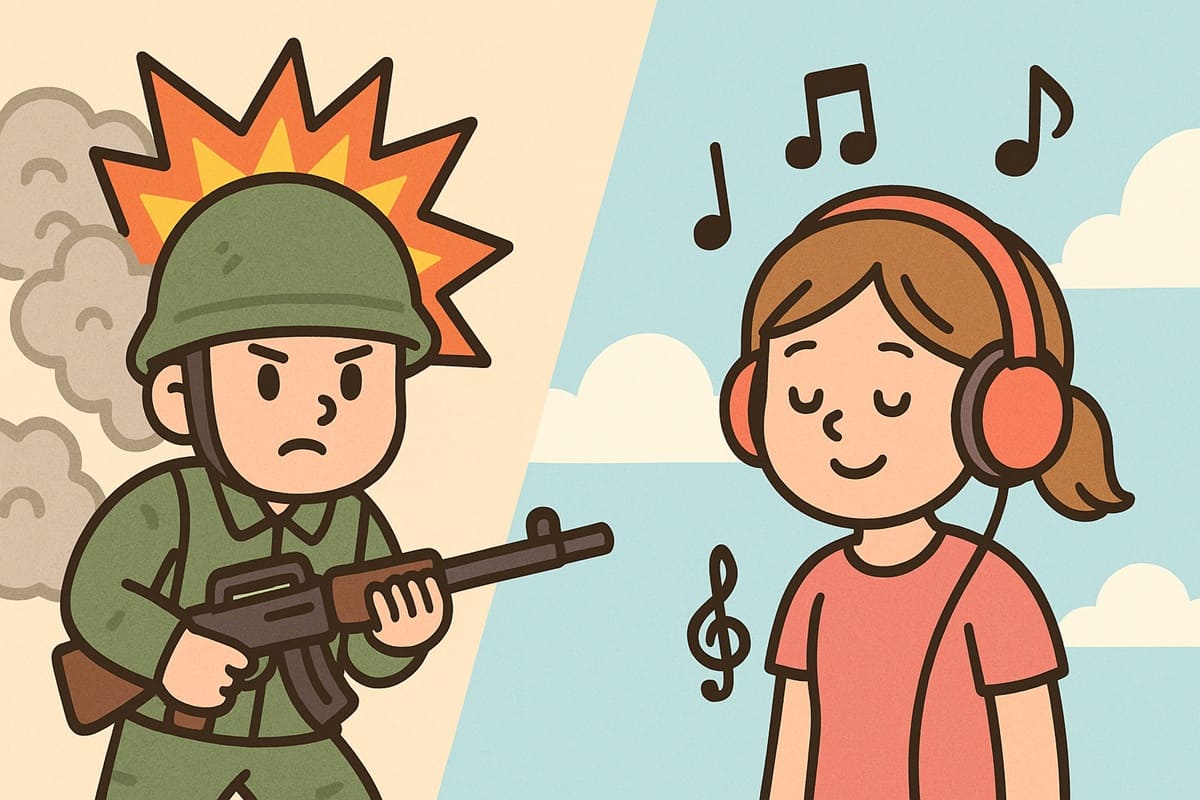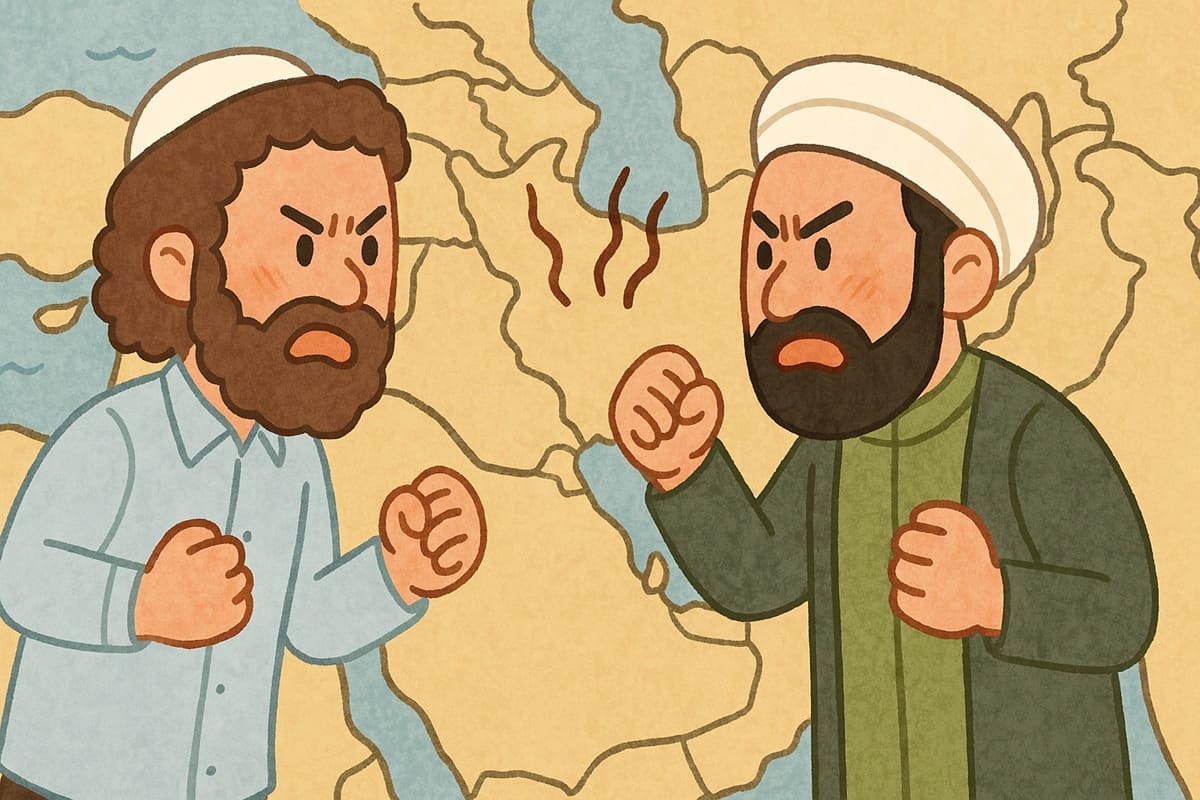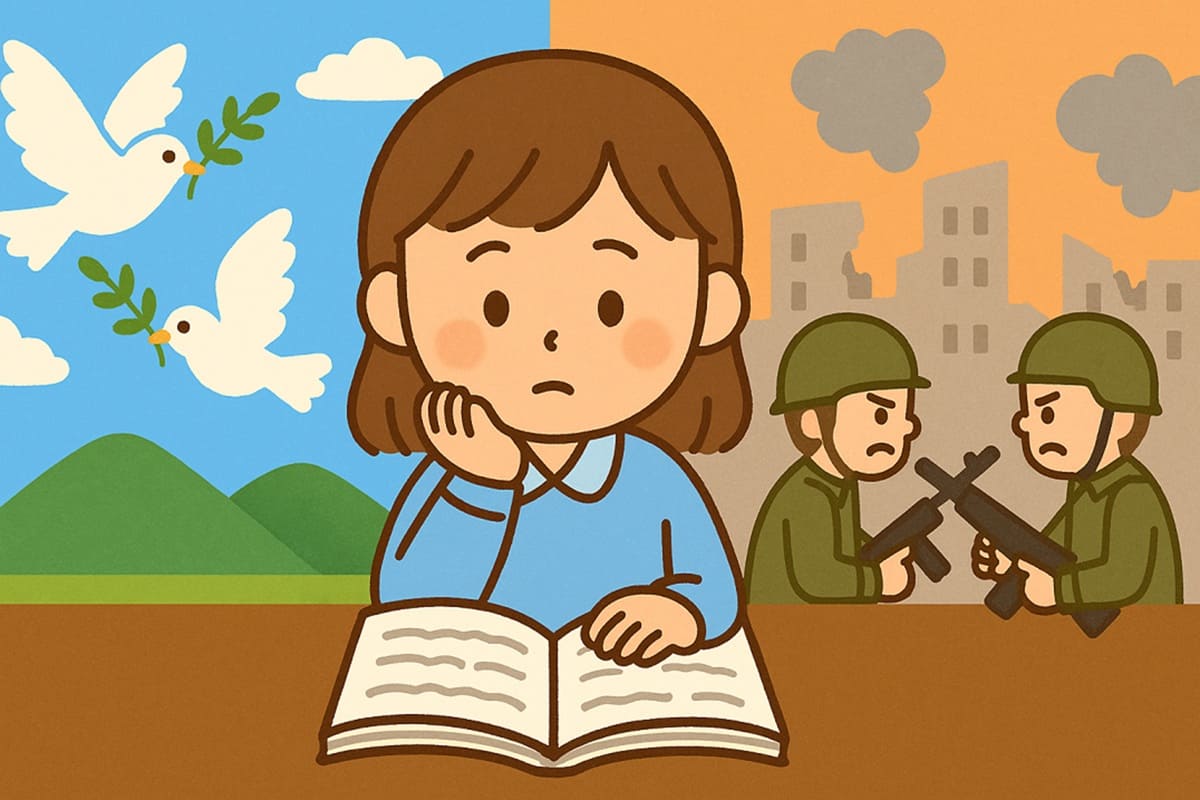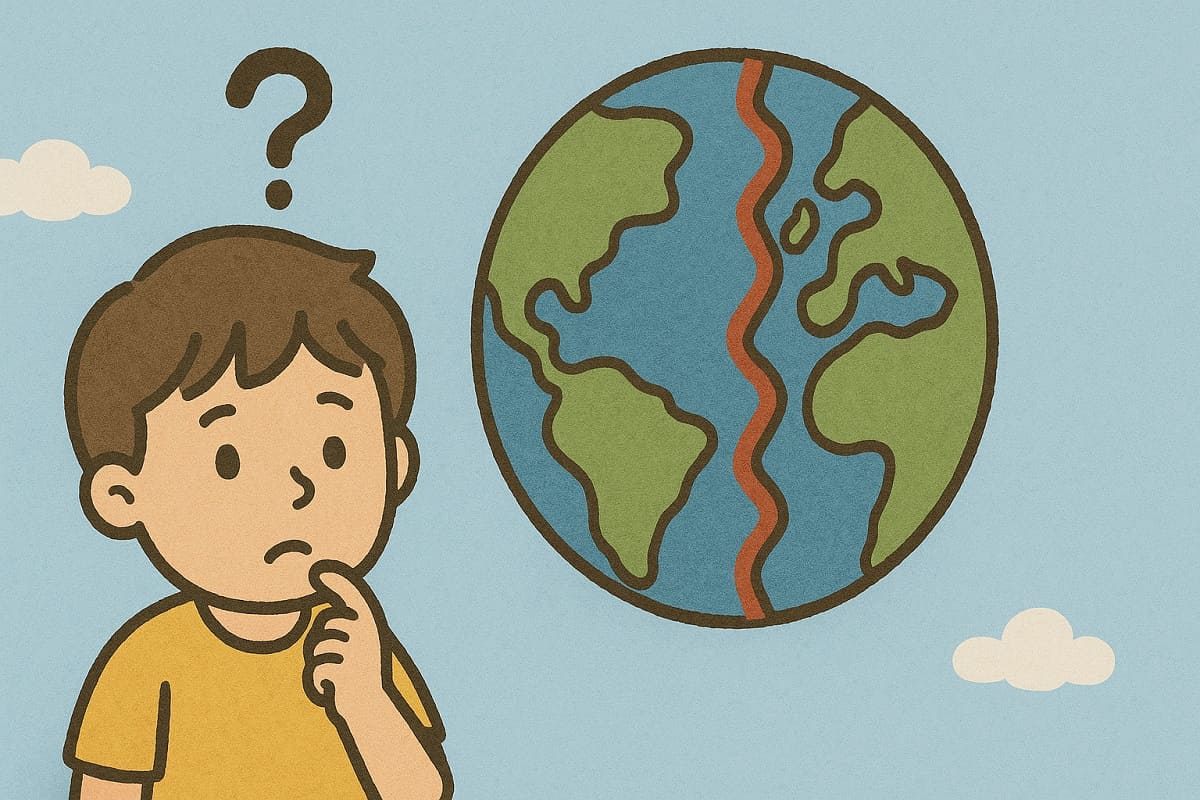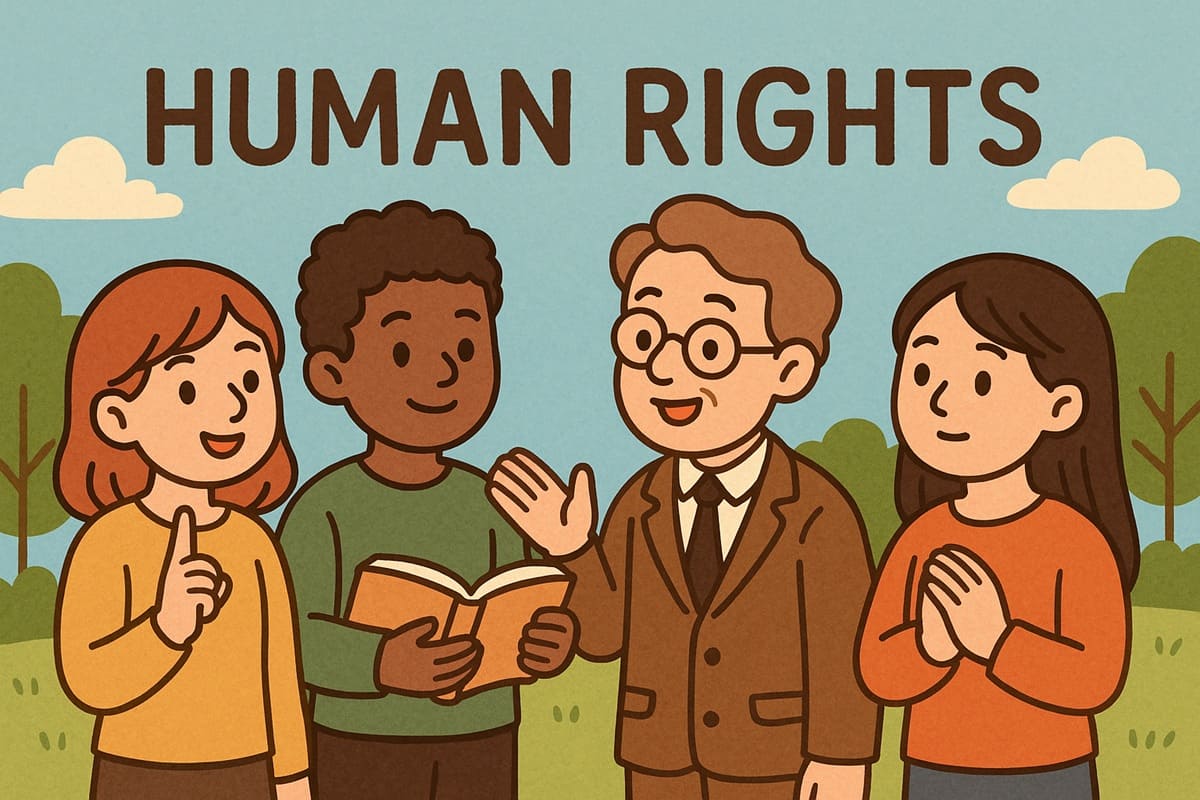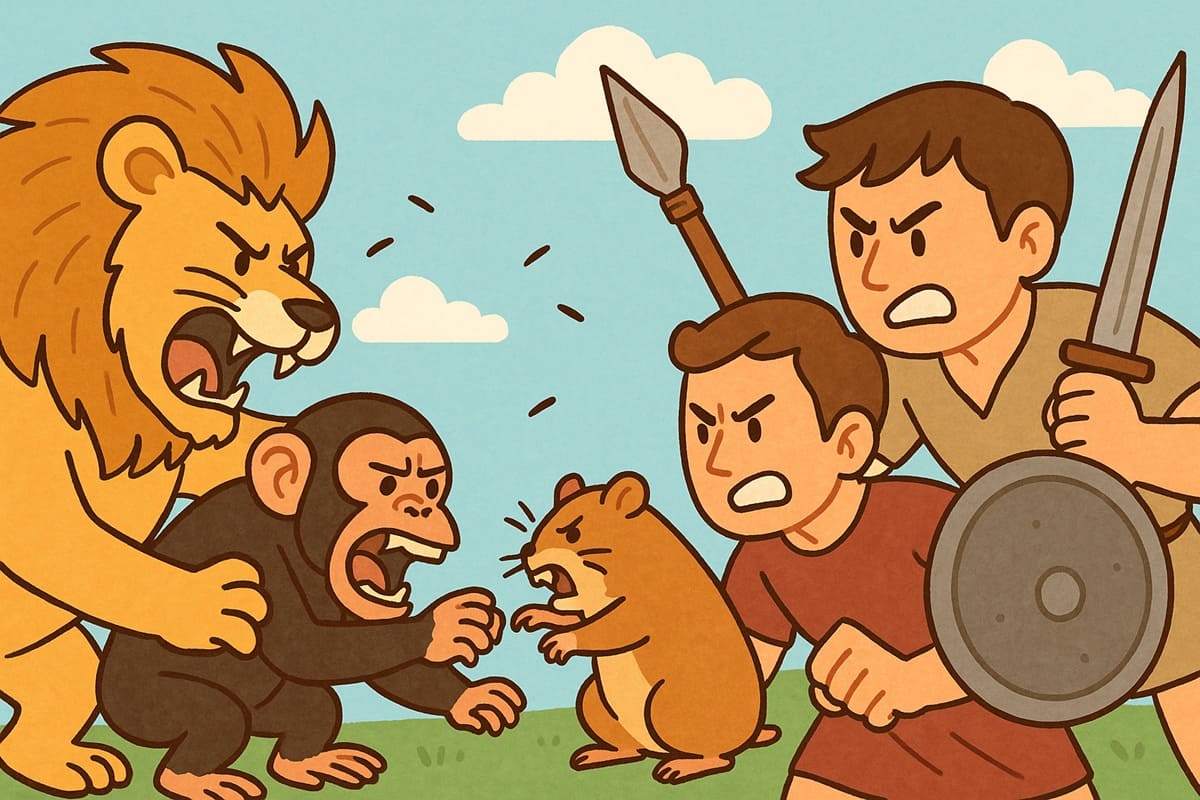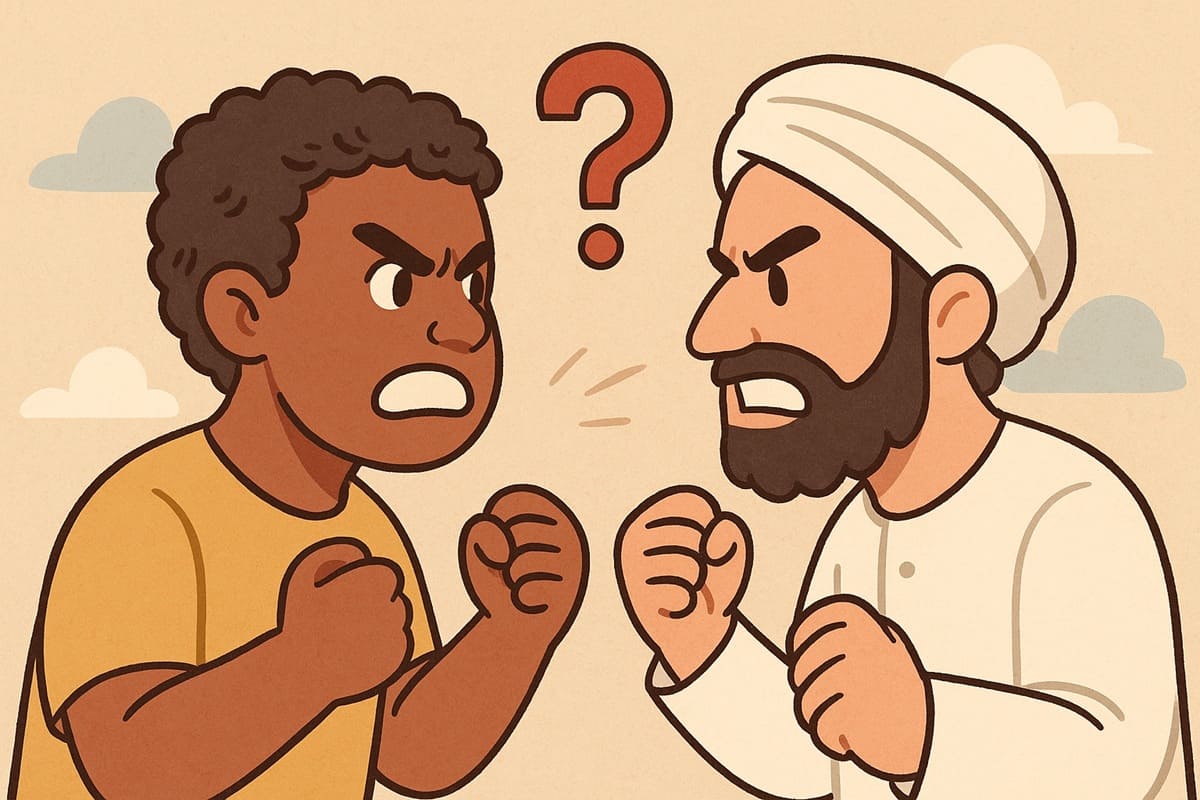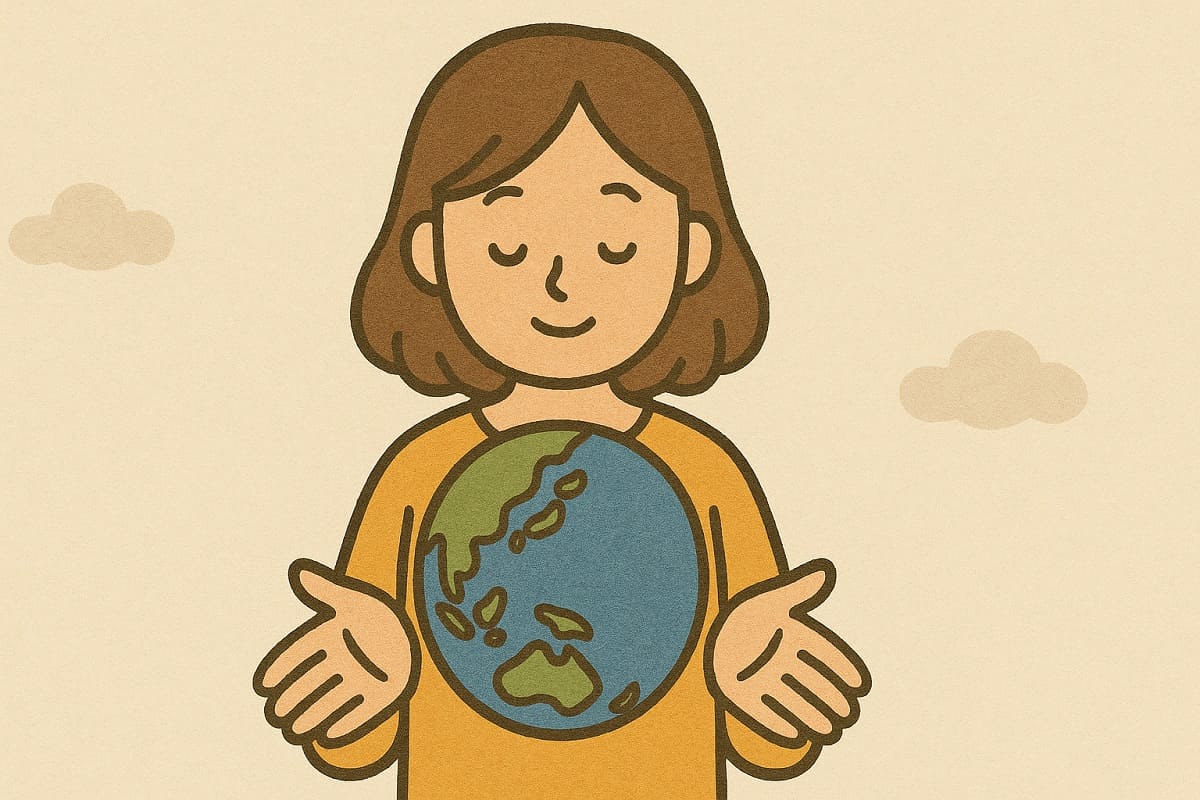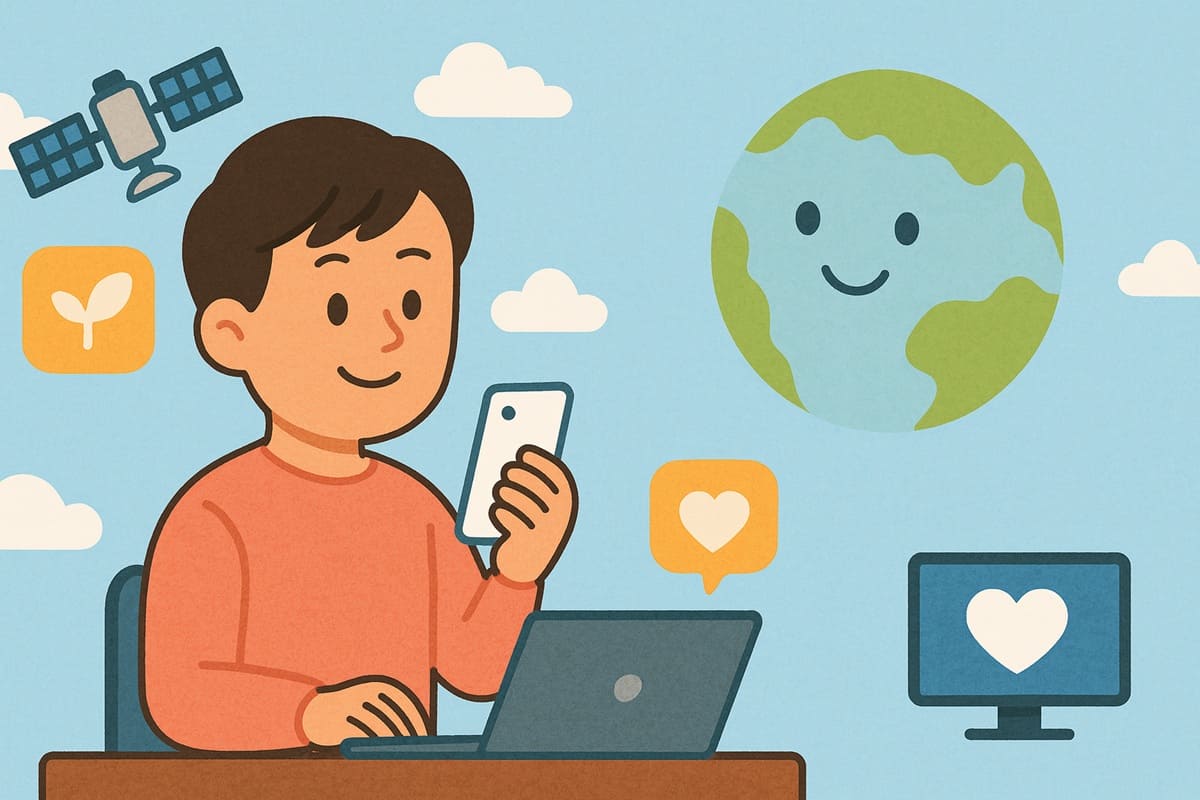Why Can’t We Ever Be Truly Happy? Let’s Face Our Honest Feelings
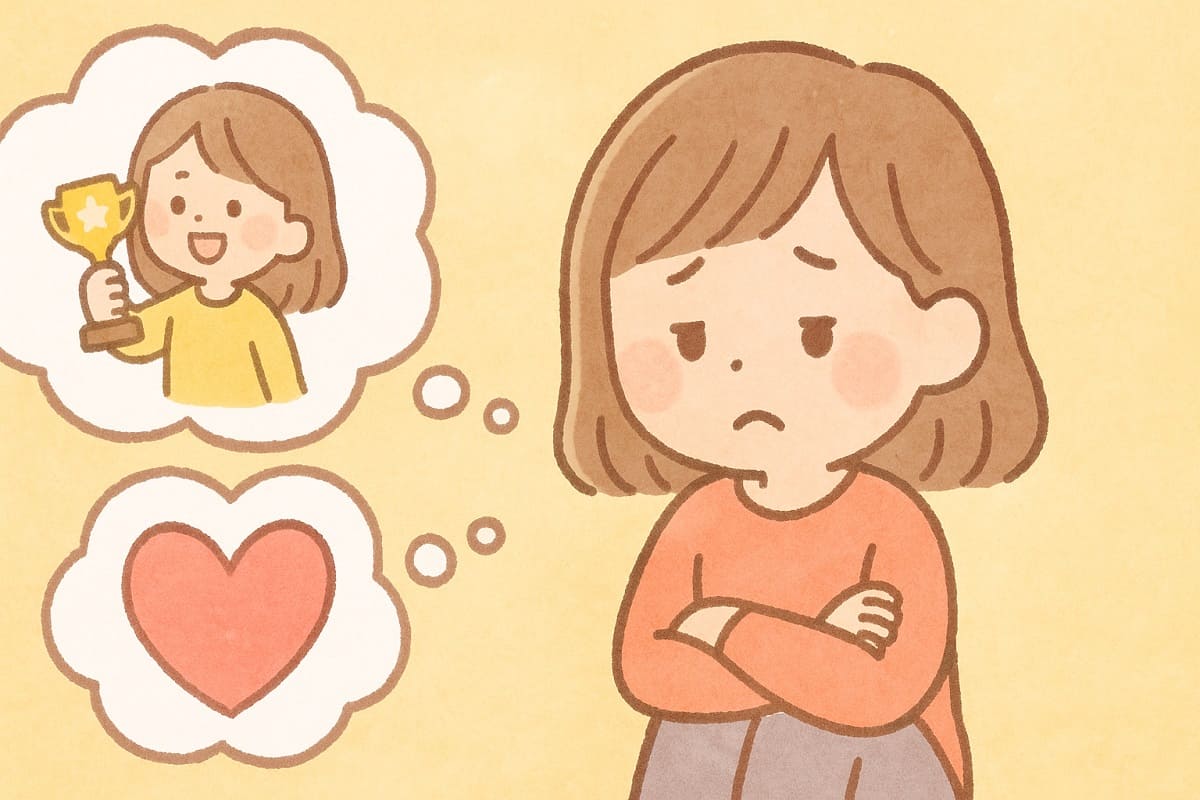
“If only I could do better in school…”
“If only I were prettier…”
“If only I had more money…”
Have you ever thought, “If only I had __, then I’d be happy”?
But even when we get what we wished for, somehow our hearts still feel empty.
Most of us have probably felt that way at some point.
Today, let’s explore the question: “Why can’t people ever seem to feel truly happy?”
We’ll draw on insights from psychology and Buddhism, and by the end, I hope to offer a hint toward discovering what true happiness really means.
Why We Still Feel Unfulfilled Even When We Seek Happiness
Human beings are born wanting things.
Small children want toys. Once they get one, they soon want something newer.
And that doesn’t change as we grow older — we begin to desire better grades, a more attractive appearance, popularity, romance, likes on social media… our wants just keep increasing.
However, psychology tells us that even when people get what they want, they quickly get used to the pleasure and start chasing the next thing.
This is called “hedonic adaptation.”
For example, buying your dream designer bag makes you happy — at first.
But a few weeks later, you start thinking, “I want an even more expensive bag.”
That’s just how the human mind works.
What Buddhism Teaches Us: “Desire Has No End”
Buddhism has long reflected deeply on this human tendency.
It teaches that one of the main causes of suffering is “craving” — the endless feeling of wanting more.
For instance, the Buddha once said:
“From craving comes suffering. From craving comes fear. One who lets go of craving is free from both suffering and fear.”
In other words, as long as we’re chasing the thought “if only I had more _,” our hearts will never be truly at peace.
But when we calmly look at that craving and realize, “what I already have is enough,” we start to feel a great sense of ease.
“Jealousy” and “Envy” May be Weighing You Down
Another major reason we struggle to feel happy is that we compare ourselves to others.
When you see a friend’s shiny post on social media, it’s easy to feel down and think, “Why is my life such a mess?”
These feelings are known as jealousy or envy.
In psychology, this is called social comparison — the tendency to measure our own worth by comparing ourselves with others.
But no matter how hard you try, there will always be someone better than you at something.
And when comparisons lead you to believe “I’m no good,” your self-esteem drops, and it becomes even harder to feel happy.
So, How Can We Really Become Happy?
You may be thinking, “Humans sure are complicated.”
But here’s what’s truly important: don’t deny your feelings of desire or envy.
“I want more.”
“I’m jealous.”
“I’m frustrated.”
These emotions aren’t bad.
They’re natural feelings that every human experiences.
In fact, we can even use them as fuel for personal growth.
The real problem begins when we suppress those feelings or pretend they’re not there.
That’s when frustration builds up inside us and becomes overwhelming.
And sometimes we end up lashing out at others, which worsens relationships and creates a vicious cycle — leading us even farther away from happiness.
Realize, Face, Accept Your Honest Feelings.
To find true happiness, we must face our hearts honestly.
Ask yourself, “How do I really feel right now?”
“Why does this feeling keep bothering me?”
Take time to ask these questions.
One useful practice is mindfulness, which involves observing your thoughts and emotions calmly while taking deep breaths.
In Buddhism, the ideas of compassion and kindness toward oneself and others are also key to calming the heart.
And when you feel jealousy or frustration, try gently telling yourself:
“This just means I want to be like that too.”
Accept that feeling with kindness.
Conclusion: Happiness is Already Inside You
“I want to be happy.”
That’s a wish shared by every heart.
But if we feel like we’re never satisfied, maybe it’s because we haven’t been truly honest with how we feel inside.
I want more.
I don’t want to lose.
I want to be seen.
I feel envious.
I feel frustrated.
When you notice those sincere feelings and respond with kindness — instead of blame — you are practicing self-love.
And when you recognize the deeper wish hidden within those feelings,
you’ll be ready to take your very first step toward genuine happiness.
Main References
- Festinger, L. (1954). A theory of social comparison processes. Human Relations, 7(2), 117–140.
- Krasonova, A., et al. (2015). Does Malicious Envy of E-WOM Receivers Towards Senders Result in Avoidance of the Recommended Product? Journal of Marketing Studies, 38(2), 41–55.
- Schopenhauer, A. (n.d.). Happiness is a State of Semi-Satisfaction. Aeon Essays.
- Takahashi, H., et al. (2009). When your gain is my pain and your pain is my gain: Neural correlates of envy and schadenfreude. Science, 323(5916), 937–939.
- Frontiers in Psychology. (2023). Help others—be happy? The effect of altruistic behavior on happiness across cultures. Frontiers in Psychology, 14, 1156661.
